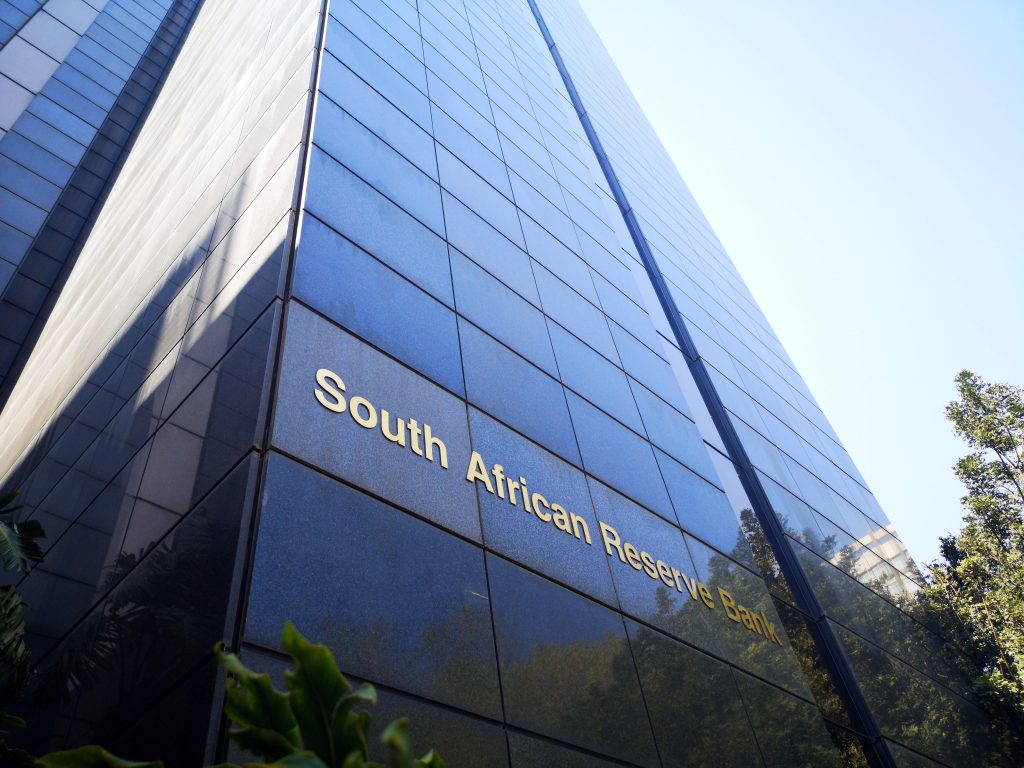South Africans made up 10% of the 40 000 people granted New Zealand citizenship in 2024, making them the third largest group of overseas-born nationals to become citizens.
The latest census confirms that more than 95 000 South Africans now call New Zealand home, up from 71 382 in 2018.
From January to July 2025 alone, nearly 1 700 visa applications were submitted by South Africans (including dependents), indicating that New Zealand’s appeal remains strong.
According to the New Zealand Department of Internal Affairs, South Africans overtook Filipinos to become the third largest group of overseas-born citizens granted citizenship in 2024. A total of 4 132 South Africans obtained citizenship, compared to 3 387 in 2023.
This trend is also reflected in Statistics South Africa’s 2024 Migration Report, which places New Zealand among the top five destinations for South Africans residing abroad since 2010.
The New Zealand government provides accurate and up-to-date statistics on visa applications, visas issued and declined, and residency granted. At the end of July 2025, 29 600 South Africans were living in New Zealand on valid residence visas, referring to individuals who had held residency for five years or less. After five years, residents are considered citizens for census purposes and are no longer counted separately.
Why South Africans find New Zealand attractive
Quinton Keyser, Network and Growth Manager for the real estate agency CENTURY 21 New Zealand, says the country is attractive for South Africans, primarily due to its high quality of life, safety, and beautiful landscapes.
South Africans are drawn by lucrative job opportunities or to join family members who already live in New Zealand. The predominantly English-speaking environment adds to the allure.
In 2025, it topped the Global Life Work Balance Index for the third year running, according to Remote, a global HR software provider. The index factors in paid leave (New Zealanders enjoy 32 days), healthcare access, and strong legislative protections like paid parental leave (up to 26 weeks to support families).
And of course, there is rugby. It is a shared love, with a fierce but respectful rivalry between the two nations that goes back generations.
Financial and tax considerations for those leaving South Africa
ADVERTISEMENT
CONTINUE READING BELOW
Emigrating is about more than packing your bags and shipping your belongings abroad. John-Paul Fraser, emigration tax specialist at Tax Consulting South Africa, emphasises that there are important tax, financial planning, banking, and compliance items that should be considered. This applies to South Africans who are thinking about moving to New Zealand, those who are currently in the process of relocating, or even those who have left long ago but have not exited correctly.
There are various critical areas to consider, which are interlinked:
Ability to get money out of South Africa
Where your tax and exchange control status is not correct, you will not be able to move money out of South Africa. The system has completely changed in how money moves in and out of South Africa, and the correct tax status with Sars is critical. Your bank will not allow the flow of funds where Sars has not given you the correct tax clearance. Sars will only issue this where your status is correct as a non-resident and your record is up to date. Sars’s technology is now very sophisticated with 3rd party data and artificial intelligence, so it is practically impossible to move funds without compliance and following the correct process.
Sars tax status and paying South African tax on exit
You need to inform Sars following the correct process and also pay any applicable exit taxes. There are some assets on which you must pay exit tax, and others are exempt. A bit of planning can save a lot of taxes.
Financial planning and your bank
You need to carefully look at your retirement savings, policies, bank accounts, and even future inheritances to avoid mistakes.
Holistic approach
Probably the most important aspect is that you should use one holistic advisor and not various separate advisors. What may be the best advice from a financial planning perspective is seldom the best for tax advice or money abroad. Some advisors are also motivated by how they can earn professional fees just by selling their limited solutions, as opposed to serving the client’s specific needs.
Keep it simple
There is seldom a need for complexity or an expensive exercise. Tax Consulting offers legal privilege, and which means that even sensitive cases can be dealt with in a secure environment.
What South Africans should know when buying a home in New Zealand
ADVERTISEMENT:
CONTINUE READING BELOW
Keyser explains that purchasing residential property in New Zealand is largely restricted to citizens and resident visa holders, making eligibility a critical factor for South African buyers.
Property prices can shock South Africans, necessitating thorough financial planning. As of June 2024, New Zealand’s median house price stood at NZD$770 000 (R8.3 million). In comparison, South Africa’s median is around R937 000 (NZD$87 450).
The rental property market often serves as an initial entry point for South Africans relocating. As supply is tight in popular areas, prospective foreign tenants must start their search early and consider engaging local real estate agents.
Securing a successful property acquisition
According to Keyser, prospective buyers should begin by engaging a mortgage broker to secure financial pre-qualification and establish a clear budget, a service typically offered at no cost to the purchaser.
Upon identifying a suitable property, a formal sale and purchase agreement is drafted. Keyser stresses that this document must undergo a thorough review by the buyer’s solicitor before being signed. Once the offer is accepted, the agreement enters a conditional period to allow for essential due diligence, which commonly includes finalising finance, obtaining a satisfactory building report, and reviewing the Land Information Memorandum (LIM). When all contingencies have been met and both parties are satisfied, the agreement becomes unconditional and legally binding.
“The process of buying a residential property in New Zealand can be remarkably efficient for well-prepared buyers.”
Settle Smarter: Get the right guidance from day one
While New Zealand is welcoming to skilled migrants, the process of relocating requires the right guidance and know-how.
Working with licensed immigration advisors and cross-border tax professionals can reduce stress, ensure compliance, and improve your odds of success.
Tanya Tosen is a tax and remuneration specialist at Tax Consulting SA.
Follow Moneyweb’s in-depth finance and business news on WhatsApp here.

 3 days ago
1
3 days ago
1






















 English (US) ·
English (US) ·